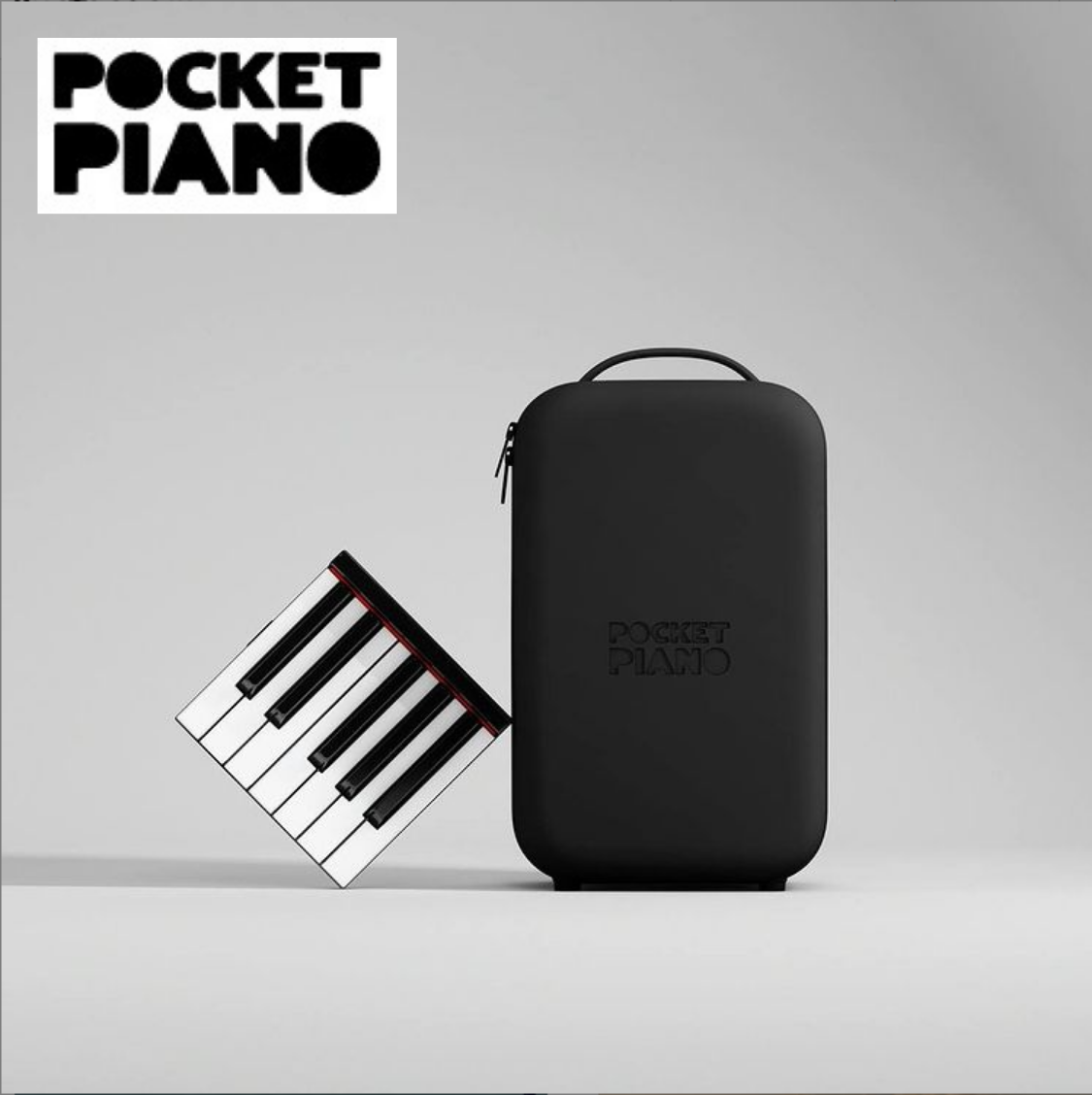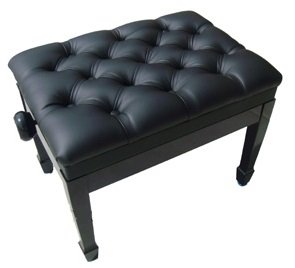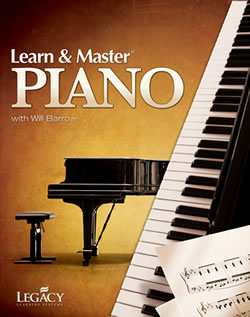Frequently Asked
Questions
FAQs
Frequently Asked Questions - FAQs page. Here are the answers to some of the most frequently asked questions from piano owners, who want to know more about their piano, to get the most use from it.
How often does my piano need to be tuned?
Generally, every 6 months on average. Regular scheduled tunings - during the spring and autumn - allow for the best tuning stability when humidity is neither too high and neither too low. The frequency of regular scheduled tunings also depends on the (1) area/climate in which you live, the (2) age/condition of your piano, (3) the piano's placement in a room, and (4) its frequency of use.
How do I know what type of piano I have?
You can know which type of piano you have by measuring the instrument in one of two ways:
Uprights are measured vertically - from the floor to the top lid. For example, a spinet piano usually measures 39" and below. Consoles measure between 40" to 45" while studio pianos measure from 45" to 48" in height and professional full size upright pianos measure 48" to 52" in height.
The action type of a vertical, or upright, piano also determines the type of piano you own. A console, studio, or full size upright's action rests above the keys. A spinet action, on the other hand, rests down below the keys, where the hammers are placed a mere 1" to 2" above the keys.
Grand or baby grand pianos are measured horizontally - from the front of the keys/fallboard, to the back edge of the piano's curved top lid.
What is concert pitch?
Concert pitch was established by the American music industry (1925), and later by the American Standards Association (1936) at A440hz, meaning the A above middle C vibrates at 440 cycles per second. Many older pianos, manufactured prior to the 1920s, have frames that were not designed to endure the tension and strain of concert pitch at A440Hz. This best explains that the higher the pitch, the more tension on the strings and frame.
The whole piano is tuned to this beginning reference note, at A=440Hz, namely, "at concert pitch".
I hear that humidity can be both good and bad for pianos. So, what should be the ideal humidity keep my piano in excellent condition?
Proper humidity levels will always be essential to the performance and preservation of a piano. Humidity can be a good thing for the soundboard, but a bad thing for the strings, action, and other metal and case parts, which may become corroded, over time.
The ideal humidity level for a piano is 42% to 45% relative humidity. Although this is not always achievable and possible, you can install a Piano Life Saver System by Dampp-Chaser which is a humidifier and dehumidifier, to ensure the piano’s interior humidity is kept at an ideal rate. The Dampp-Chaser company has manufactured some of the best humidity control systems for pianos since 1947.
...
Page is currently in the process of being updated. (March 2024)
Contact Us With Your Questions
SUBSCRIBE TO OUR FREE EZINE:
Support our site at no cost to you. Make your Amazon purchases by clicking through this link, here.







 Click Here to View our Terms and Conditions
Click Here to View our Terms and Conditions